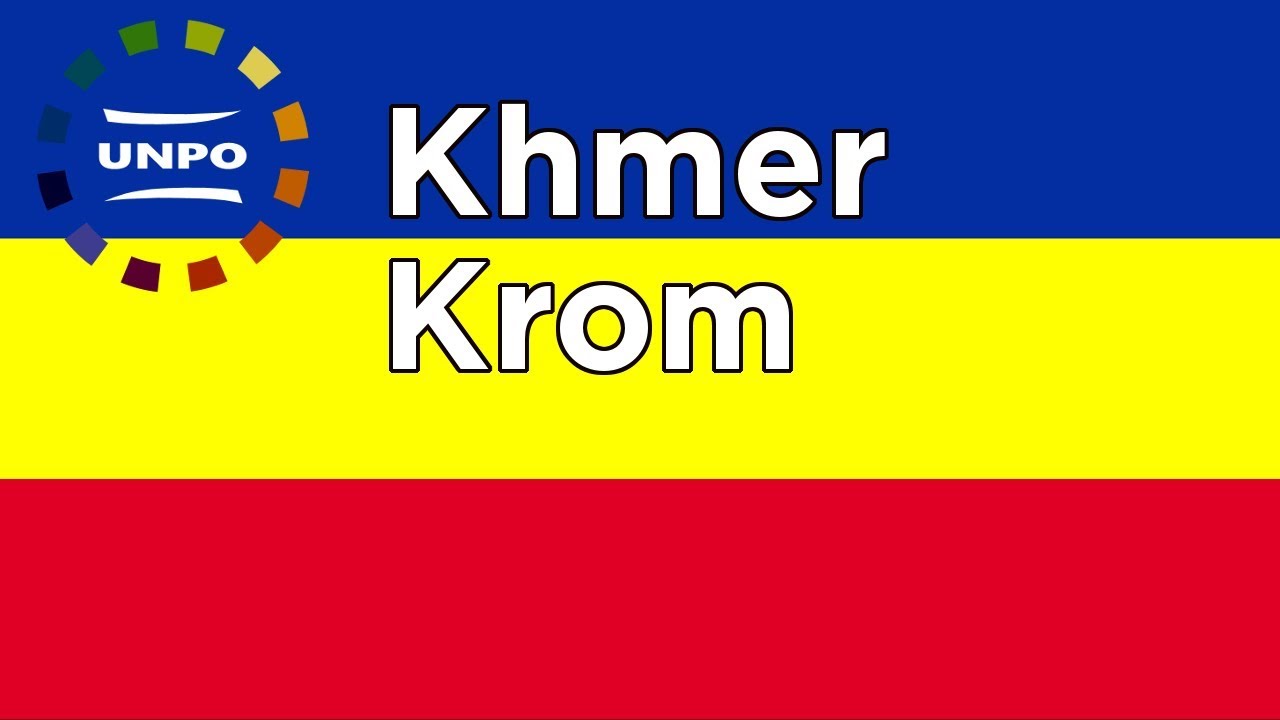
UN human rights experts on Aug. 25 condemned what they described as escalating repression against the Khmer Krom people in Vietnam, urging authorities to cease targeting minority communities through security laws, and to release those detained for peaceful activity. The experts reported that Khmer Krom rights defenders, including Theravada Buddhist monks, face systematic harassment and criminalization for peaceful efforts to promote indigenous identity, cultural expression and religious freedom. The experts further condemned government claims that indigenous and minority cultural identity threaten national security and public order.
The report stated that 17 monks, community activists and human rights defenders have been improperly arrested, convicted and sentenced for exercising their rights to freedom of religion or belief, expression, association, peaceful assembly or participation in cultural life. Some detainees were reportedly tortured or mistreated during pretrial detention.
The cases stem from a series of arrests and violent raids on sites linked to the Tro Nom Sek Temple in Vinh Long province. The Buddhist temple has resisted pressure to join the state-sanctioned Vietnam Buddhist Sangha, which has resulted in partial demolition of temple structures, disruption of Khmer language classes, and forcible defrocking of monks, as well as the targeting of human rights defenders documenting these events.
Urging compliance with international human rights standards, experts called on Vietnam to recognize and protect the rights of indigenous peoples, religious minorities and human rights defenders. They pressed officials to end reliance on vague security provisions against these groups and ensure access to legal counsel, family visits and adequate medical care for detainees.
The Khmer Krom, an indigenous group in the Mekong Delta, have long reported discrimination, restrictions on religious practice, and limits on cultural and linguistic rights, with defenders facing intimidation, arbitrary detention and disproportionate sentencing. Similar concerns were raised with the government in 2021 and 2022.
From JURIST, Aug. 25. Used with permission.
Image: Unrepresented Nations & Peoples Organization-UNPO




